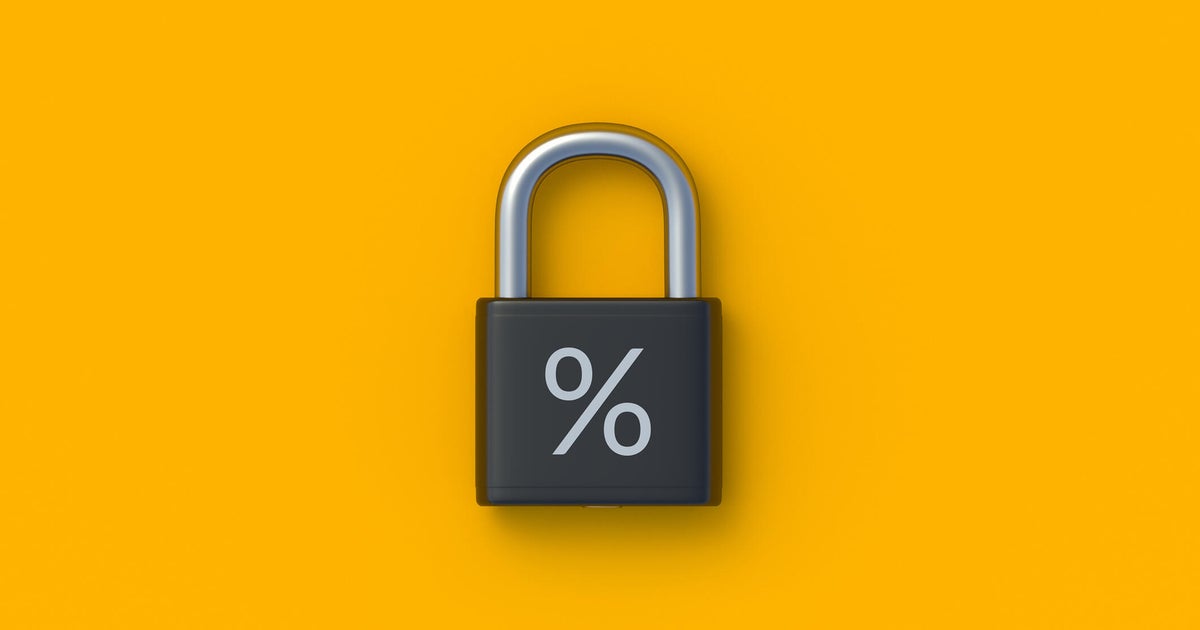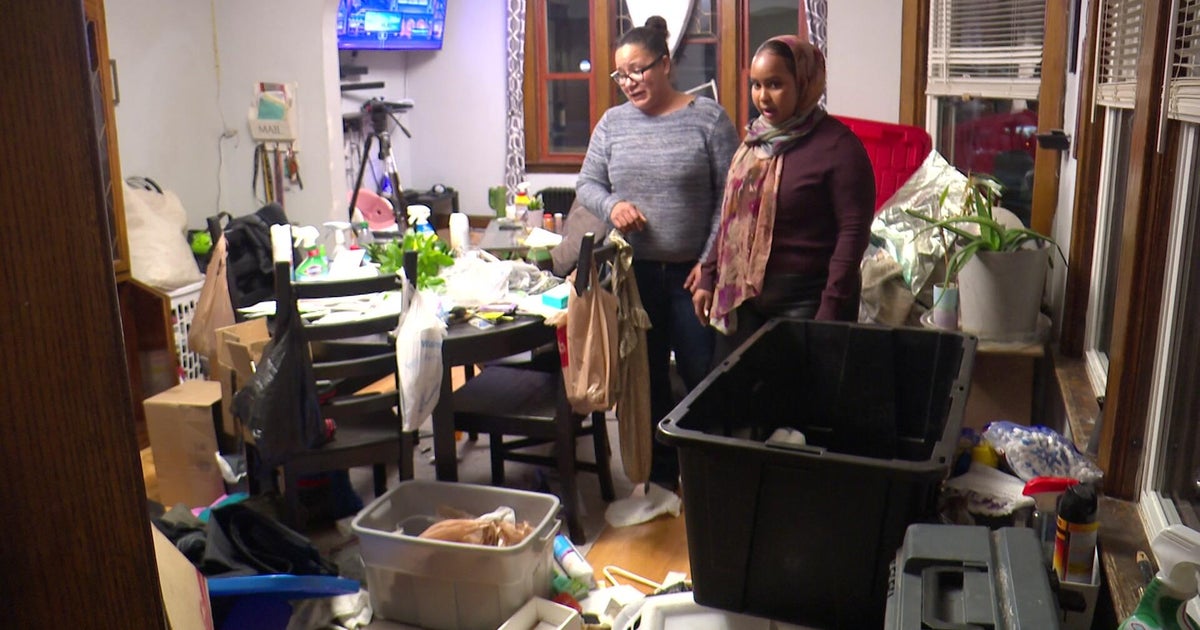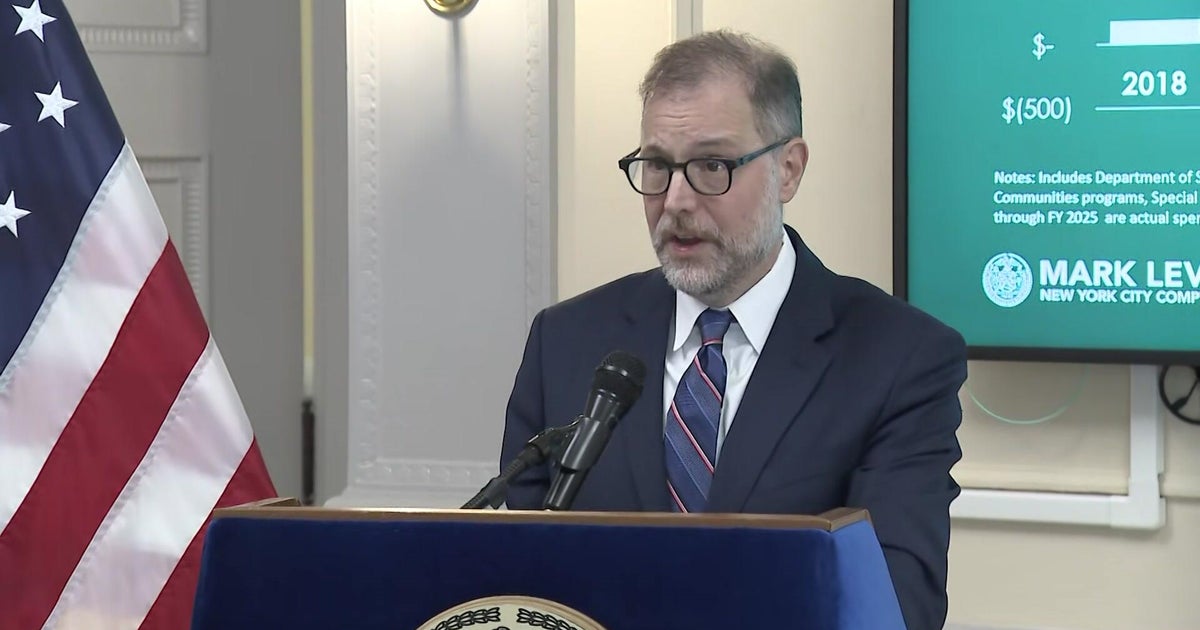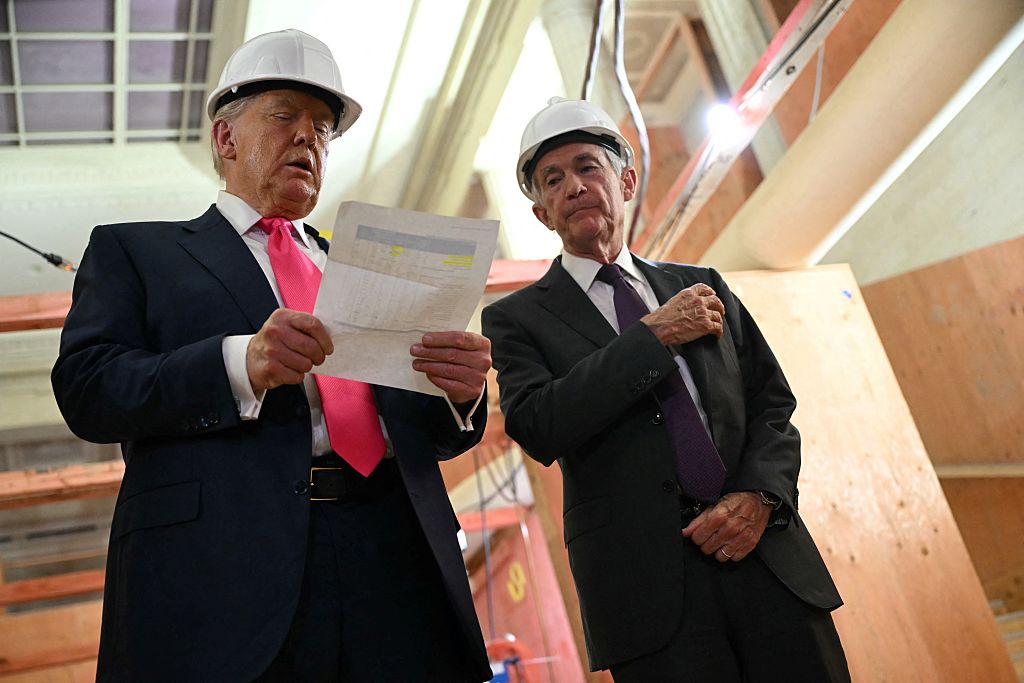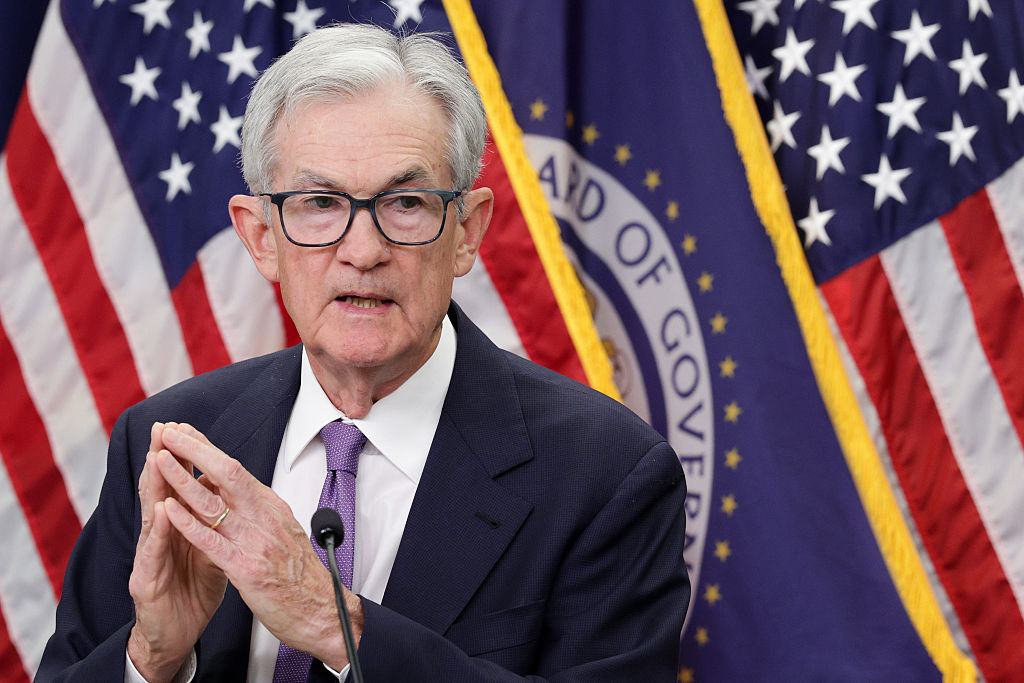Kashkari says Fed's coronavirus response is "as aggressive as possible"
Washington — The head of the Federal Reserve Bank of Minneapolis praised the central bank for its response to the coronavirus, saying the Fed and its chairman, Jerome Powell, are being "as aggressive as possible" as the nation grapples with the devastating economic fallout from the pandemic.
"Our chairman is being very, very aggressive," Neel Kashkari, president and CEO of the Minneapolis Fed, said Sunday on "Face the Nation," referring to Powell. "He's learned from our experience in 2008 and the whole Federal Reserve is being as aggressive as possible. That's the right thing to do."
To address the economic impacts of the coronavirus, which has sidelined many workers and led restaurants, retailers and schools to close their doors, Congress passed a $2.2 trillion economic rescue package last month. The legislation, the largest in history, provides direct payments to most Americans, loans to small businesses and funding for industries hurting because of the coronavirus.
Lawmakers are also pushing for another $250 billion in relief for small businesses, though those efforts stalled in the Senate last week after congressional Democrats called for the emergency package to include more money for hospitals and state and local governments.
Kashkari, who oversaw the Troubled Asset Relief Program during the 2008 financial crisis, said Congress has been "very aggressive" in its response to the coronavirus, but warned lawmakers may have to do more to prop up the economy until a vaccine is ready.
"It goes back to the progression of the virus," he said. "If we're going to have economic distress until we have a vaccine, then it's going to be up to Congress to keep coming back to provide support to the American people."
Kashkari said the nation should be looking at an 18-month strategy for the economy and health care system based on other countries further along in their recovery from the coronavirus outbreak, and acknowledged that while the U.S. economy cannot be shut down for that long, officials need to identify ways for those who are not infected with the coronavirus to return safely to work.
"We need to find ways of getting the people who are healthy, who are at lower risk back to work and then providing the assistance to those who are most at risk, who are going to need to be quarantined or isolated for the foreseeable future," he said. "That's a real challenge for all of us."
President Trump has signaled an eagerness to reopen the U.S. economy, the strength of which was central to his reelection campaign, and discussions have started shifting toward what a return to normalcy may look like. Public health officials, however, have urged Americans not to let up on the aggressive social distancing measures taken to curb the spread of the coronavirus, which they acknowledge are having positive effects.
Kashkari batted down expectations that the economy will sharply and quickly rebound, saying that's unlikely unless a new treatment is developed in the coming months.
"This could be a long, hard road that we have ahead of us until we get to either an effective therapy or a vaccine," he said. "It's hard for me to see a V-shaped recovery under that scenario."
